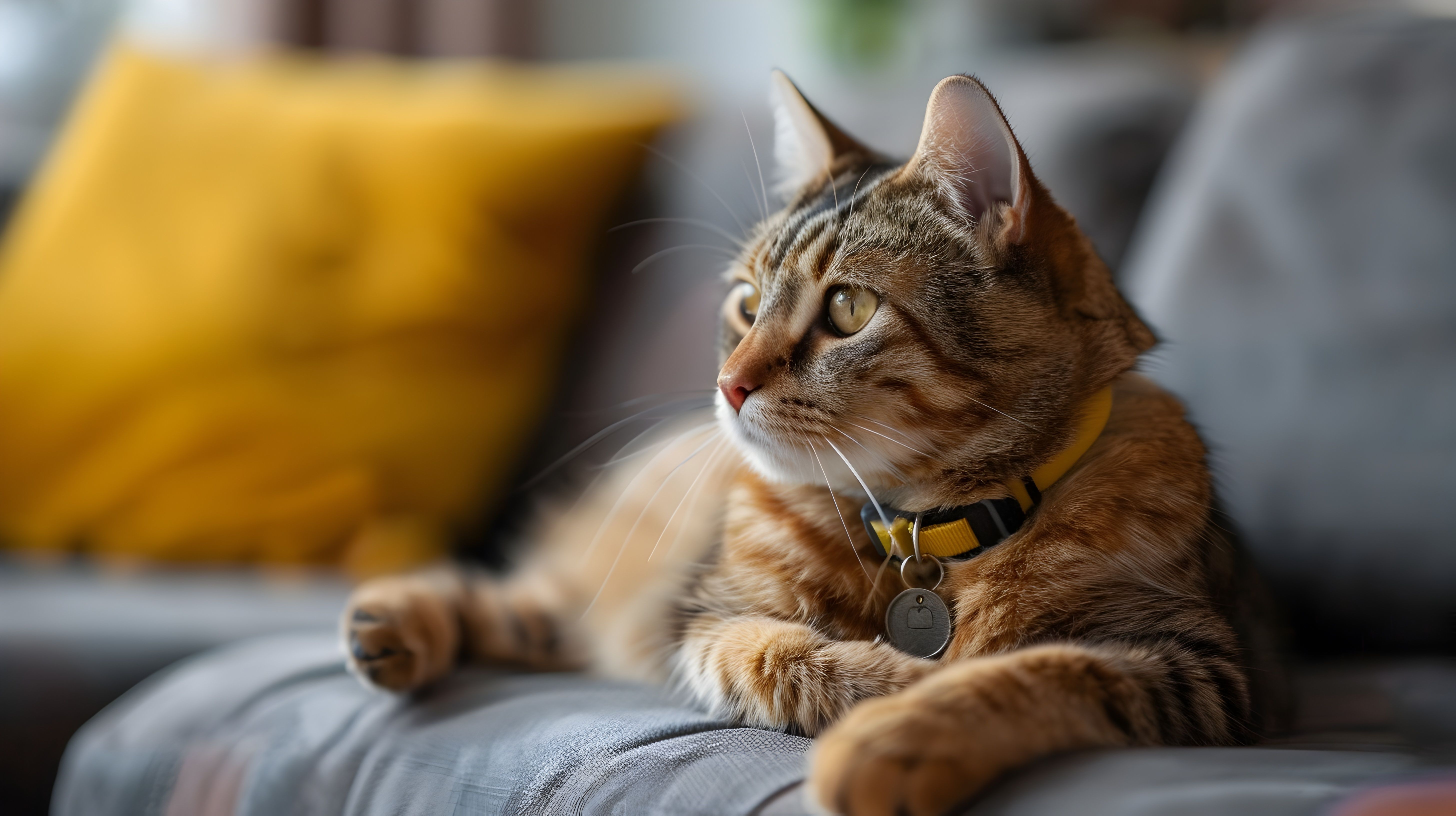Factors Affecting a Cat’s Lifespan and Tips for Promoting Good Health

Known for their playful demeanor, impressive agility, and soothing purrs, cats have long been cherished pets. However, every cat owner knows the bitter truth that these furry companions don’t live forever. The average lifespan of a cat is 13 to 17 years, with some even making it into their late teens or twenties. But what factors contribute to a cat’s lifespan, and what can we do to ensure our feline friends live the healthiest, longest lives possible?
Factors Affecting a Cat’s Lifespan
Many elements play a role in determining a cat’s lifespan. These include healthcare, genetics, diet, and activity level. Also, the environment in which a cat lives can significantly impact its lifespan. Indoor cats, for example, tend to live twice as long as outdoor cats. The latter face higher risks due to vehicular trauma, parasites, malnutrition, extreme weather conditions, and animal abuse. Therefore, keeping your cat indoors can greatly enhance its life expectancy.
The Five Life Stages of a Cat
As cats age, they transition through five distinct life stages: rapid growth and development, young adult stage, middle age, senior age, and end-of-life stage. Each of these stages requires different levels of care, nutrition, and healthcare measures to ensure optimal health.
Promoting Good Health and Longevity
To boost your cat’s chances of living a long, healthy life, certain practices are recommended. These include providing good nutrition, scheduling regular veterinary checkups, conducting health screenings, maintaining a healthy weight, and ensuring up-to-date vaccinations. Spaying and neutering are also advised as they prevent various health issues and unwanted behaviors.
The Threat of Feline Panleukopenia
One health risk that can severely affect a cat’s lifespan is feline panleukopenia. Also known as feline distemper, this highly contagious and potentially fatal disease is caused by the feline panleukopenia virus (FPV). The virus targets rapidly growing and dividing cells, such as those in the lymph nodes, bone marrow, intestines, and developing fetuses. While cats of any age can contract the virus, young kittens, sick cats, and unvaccinated cats are most susceptible. Symptoms include fever, lethargy, loss of appetite, vomiting, diarrhea, and in severe cases, sudden death. As there’s no specific treatment for feline panleukopenia, preventative measures like vaccination are crucial. If a cat does become ill, care typically focuses on providing supportive measures like fluids and nutrients until they recover. [source]
Can Natural Compounds Enhance Lifespan?
Recent studies have begun to explore natural compounds’ potential in extending the lifespan of organisms. For instance, a study on Drosophila melanogaster (fruit flies) found that supplementation with Betulinic acid (BetA) extended the lifespan of the flies by 13% in males and 6% in females without any adverse effects. The longevity effect of BetA is linked to the activation of Sir2 and FoxO, which are associated with aging. While this study was conducted on fruit flies, it opens the door for further research into whether natural compounds like BetA could have similar effects on other organisms, including cats. [source]
In conclusion, while various factors can affect a cat’s lifespan, many of these are within our control. By providing the right care, nutrition, and preventive measures, we can significantly enhance the quality and longevity of our beloved feline companions’ lives.
link







